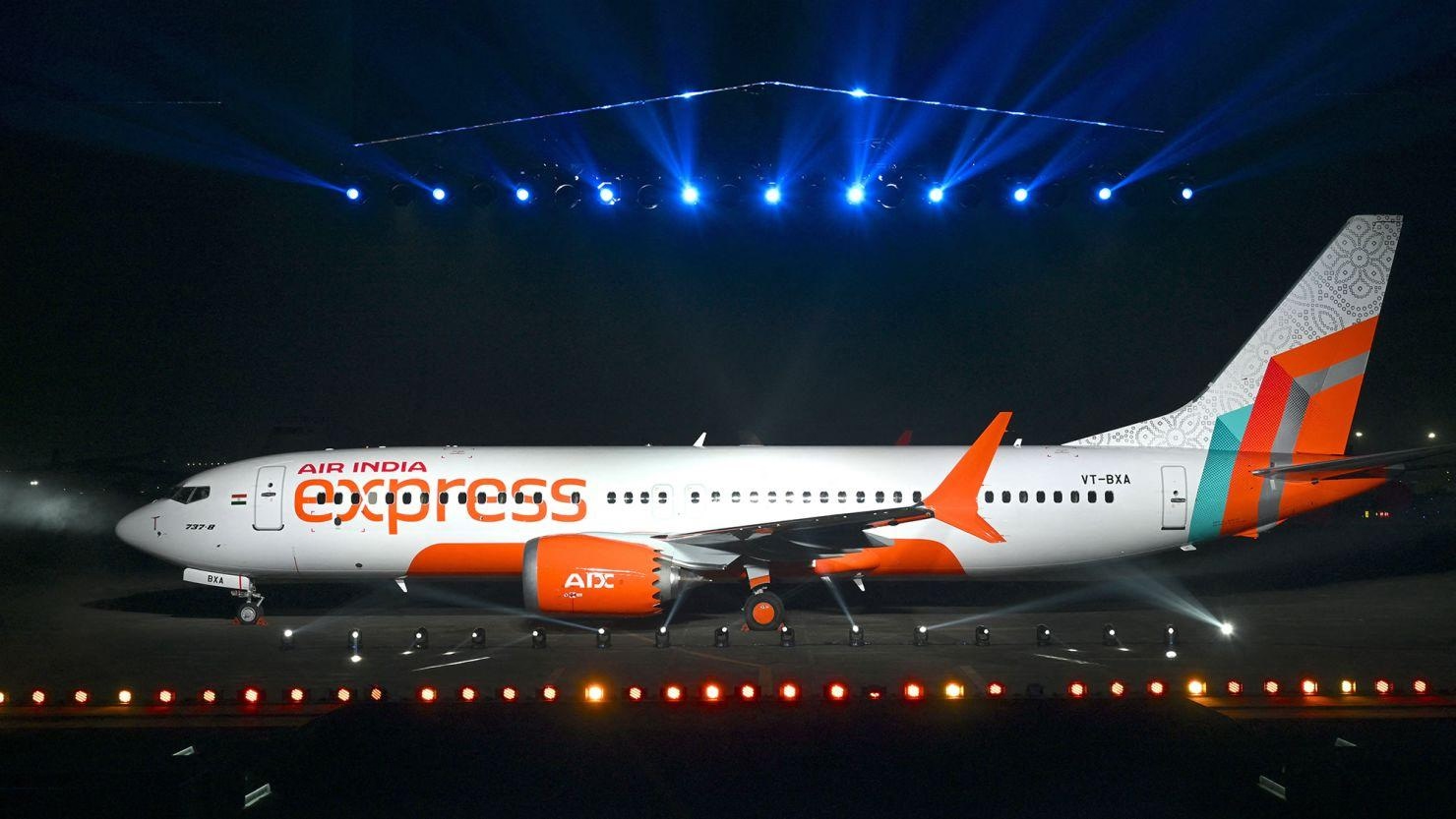AeroGenie — Your Intelligent Copilot.
Trending
Categories
AI Express Flight from Delhi to Jammu Returns to IGI Airport Due to GPS Interference

Air India Express Flight Returns to Delhi Amid Suspected GPS Interference
An Air India Express flight operating from Delhi to Jammu was compelled to return to Indira Gandhi International Airport (IGI) on Monday due to suspected interference with its GPS navigation systems. The incident occurred near the India-Pakistan border, highlighting growing concerns over the vulnerability of navigation technology in sensitive geopolitical regions.
Flight IX-2564 departed Delhi at 11:05 a.m. but turned back while approaching the border area, safely landing at IGI shortly before 1:30 p.m. All passengers remained unharmed, and an alternative flight was arranged to complete their journey to Jammu. An Air India Express spokesperson confirmed the precautionary return, explaining that the decision followed reports of suspected GPS interference. The spokesperson added that similar instances of GPS signal disruption have been reported by operators flying over certain sensitive areas, and expressed regret for the inconvenience caused.
Rising Threats to Aviation Navigation Near Conflict Zones
GPS interference, which can manifest as either jamming or spoofing, poses an increasing threat to airlines operating in regions close to conflict zones. Spoofing involves the transmission of counterfeit satellite signals designed to mislead aircraft navigation systems, causing erroneous position, navigation, and timing data. Aviation experts note that such disruptions are challenging to detect in advance, with pilot reports remaining the primary method for identifying affected zones.
Over the past two to three years, incidents of GPS spoofing have escalated along routes near the India-Pakistan border and extending westward to Turkey. Aviation authorities and industry observers warn that these developments could have significant implications for airline safety and operational reliability.
Implications for Air India and the Broader Aviation Industry
This episode comes amid heightened scrutiny of Air India and its subsidiaries, which have recently faced a series of technical challenges, including issues with the Boeing 787 fleet that have led to mid-air returns and, in some cases, crashes. These recurring problems have raised questions about the airline’s ongoing transformation efforts and its capacity to uphold stringent safety standards.
Market analysts suggest that such incidents may erode customer confidence and invite closer examination of Air India’s safety protocols. Competitors might leverage these developments to emphasize their own safety records and technological capabilities, potentially influencing passenger choices in a competitive market.
As the aviation sector confronts the evolving threat of GPS interference, there is increasing pressure to bolster the resilience of navigation systems and safeguard passenger safety, particularly on routes traversing sensitive or high-risk regions.

Emirates Unveils Cabin Design for New Boeing 777X

Eighteen Years On, the Airbus A380 Remains Central to a $34 Billion Airline

How a boom in luxury airline seats is slowing down jet deliveries

Navitaire Outage Attributed to Planned Maintenance

DigiYatra Debuts Outside Aviation at India AI Impact Summit

Vietnam Orders Strengthen Boeing’s Commercial Outlook

Airbus Signals Uncertainty Over Future A400M Orders

JobsOhio Awards $2 Million Grant to Hartzell Propeller for Innovation Center

Collins Aerospace Tests Sidekick Autonomy Software on YFQ-42A for U.S. Air Force CCA Program

How the Airbus A350-1000 Compares to the Boeing 777
